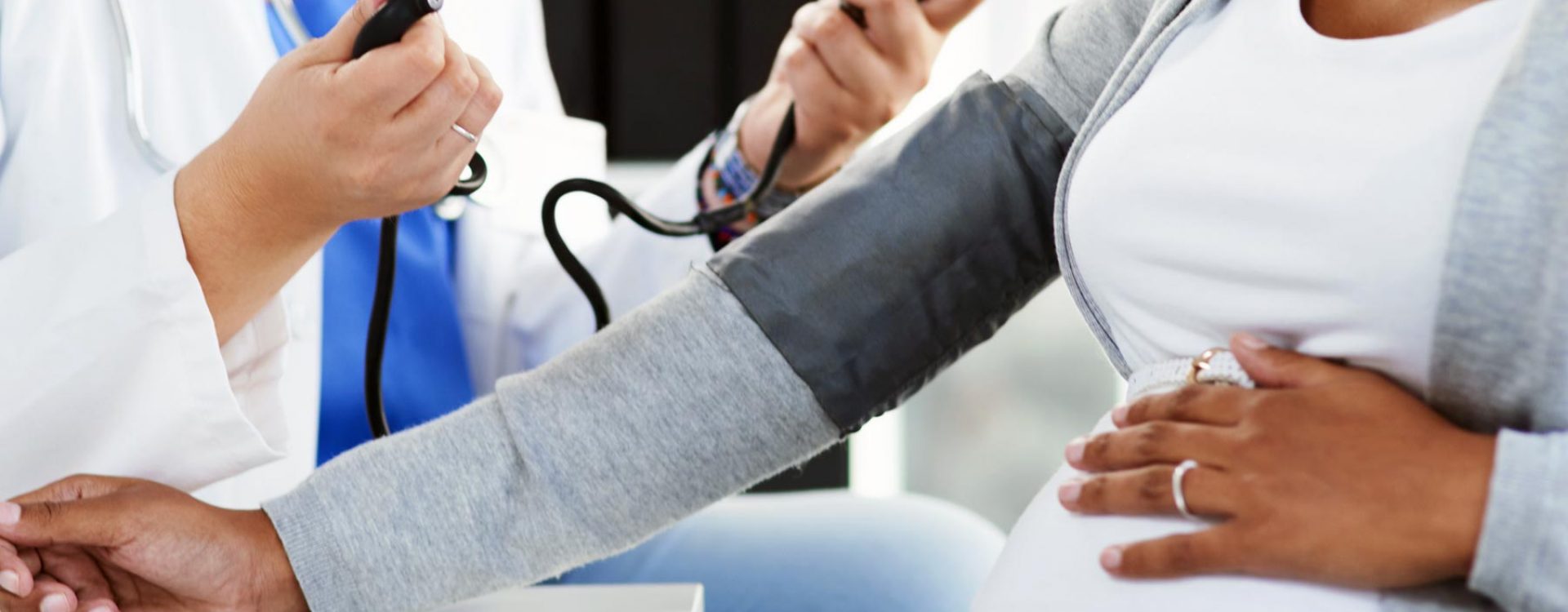Preeclampsia is a potentially life-threatening condition that affects pregnant women and their unborn babies. As many as eight percent of pregnant women will develop preeclampsia. During pregnancy, it can increase the risk of high blood pressure, brain injury, blood clotting problems, fluid in the lungs, kidney and liver dysfunction, seizures, and death, in severe cases
Preeclampsia can also affect unborn babies, increasing their risk of low birth weight, prematurity and even death. The condition typically occurs after 20 weeks of pregnancy in the late second trimester or the third trimester. Globally, it is estimated to cause 76,000 maternal deaths and 500,000 infant deaths each year.
Long-term effects of preeclampsia
If you have preeclampsia during pregnancy or postpartum, your lifetime risk of serious health conditions increases. Women with preeclampsia are three to four times more likely to have high blood pressure after pregnancy. They also have double the risk of stroke and heart disease, as well as an increased risk for diabetes.
Preeclampsia symptoms
Symptoms of preeclampsia during pregnancy include:
- High blood pressure.
- Hyperreflexia, when the body has abnormal, involuntary overactions in the nervous system, like muscle spasms, skin color changes, heavy sweating and rapid heart rate.
- Nausea or vomiting after you are halfway through your pregnancy. Morning sickness is common during the first trimester and is typically not a sign of the condition.
- Pain in your upper right belly, which can feel like heartburn or indigestion.
- Persistent headache that won’t go away, even when you take medication.
- Protein in the urine is detected in a urine test.
- Swelling in the face (particularly around the eyes) and hands. Swollen feet are a common pregnancy symptom and likely not a sign of preeclampsia.
- Weight gain exceeding five pounds per week.
- Trouble breathing.
- Vision changes, such as losing some or all of your eyesight, seeing spots or seeing flashing lights.
Some women with preeclampsia report “not feeling right” or have no symptoms at all. If something feels off, talk to your OB/GYN right away. They can refer you to a cardiologist for treatment.
Preeclampsia risk factors
While the exact cause of preeclampsia has not been proven, the following factors may increase your risk:
- Angiogenesis (overproduction of factors that regulate blood vessel formation in the placenta)
- Calcium deficiency
- Chronic hypertension (high blood pressure)
- Damage or injury to blood vessels or the lining of the blood vessels
- Genetics
- Hormone imbalance
- Improper immune system response
- Inflammation in the body
- Insufficient blood flow to the uterus
- Metabolic diseases, like diabetes, lupus, kidney disorder, sickle cell disorder and hyperthyroidism
- Obesity
- Nutritional deficiencies
Talk to your doctor if you have any of these risk factors to learn how you can reduce your risk of preeclampsia.
Preeclampsia treatment
Prenatal care is essential for managing preeclampsia and keeping you and your baby safe. Your doctor may recommend bed rest, medications or possibly delivering your baby early if you have an elevated risk for serious complications.
In many cases, preeclampsia goes away after the baby is delivered and with proper medical care, you can protect your baby and reduce your risk of serious health consequences.
Visit HeartsCantWait.com or call 828-697-7377 to learn more.





